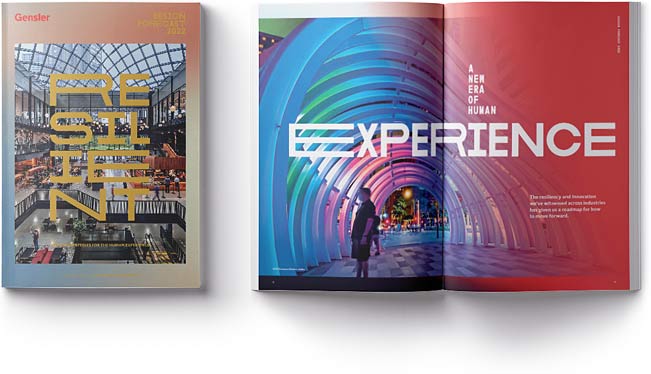RESIDENTIAL
The past two years have reemphasized the central role of the home in people’s lives. Residential amenities are not as important as they used to be. Instead, people are willing to forgo the extras for the right balance of affordability, quality, and space in their units. In the coming months and years, there will also be a big push to identify and design for middle-income residents in the form of workforce housing.
Mira, San Antonio
01
In-unit experience now matters more than outside amenities.
Developers traditionally have enticed tenants with building amenities and neighborhood attractions. However, residents now prioritize the in-unit experience more than outside perks. Specifically, residents value well-designed units with features like natural light, storage space, and in-unit laundry over communal amenities like multipurpose spaces, children’s play areas, or proximity to local landmarks.
02
Well-designed space is better than more space.
Residents like space, but they’re willing to trade it for better unit design — especially if the design retains a feeling of more space. As a result, developers are finding new ways to optimize living space within a finite area. The most effective ways to accomplish this are unit designs that offer more storage, better layouts, and reduced noise levels.
03
Developers will continue to balance amenities with affordability.
No matter their income, people want more affordable ways to live. A majority of residents across nine global markets say they’re willing to make trade-offs with building amenities for lower rent. Consequently, residential developers are seeing higher levels of tenant satisfaction and retention by designing experiences that thoughtfully balance amenities and services with residents’ own priorities.
04
The best residential experience will be one that prioritizes flexibility.
Residents’ tastes are not universal. Every tenant likes to personalize their living space, and residential developers are responding with more flexible designs. It will be crucial for developers to understand their audience and tailor designs to provide a more fulfilling residential experience. User-centric homes can better accommodate the diverse lifestyles, interests, and long-term expectations of residents.
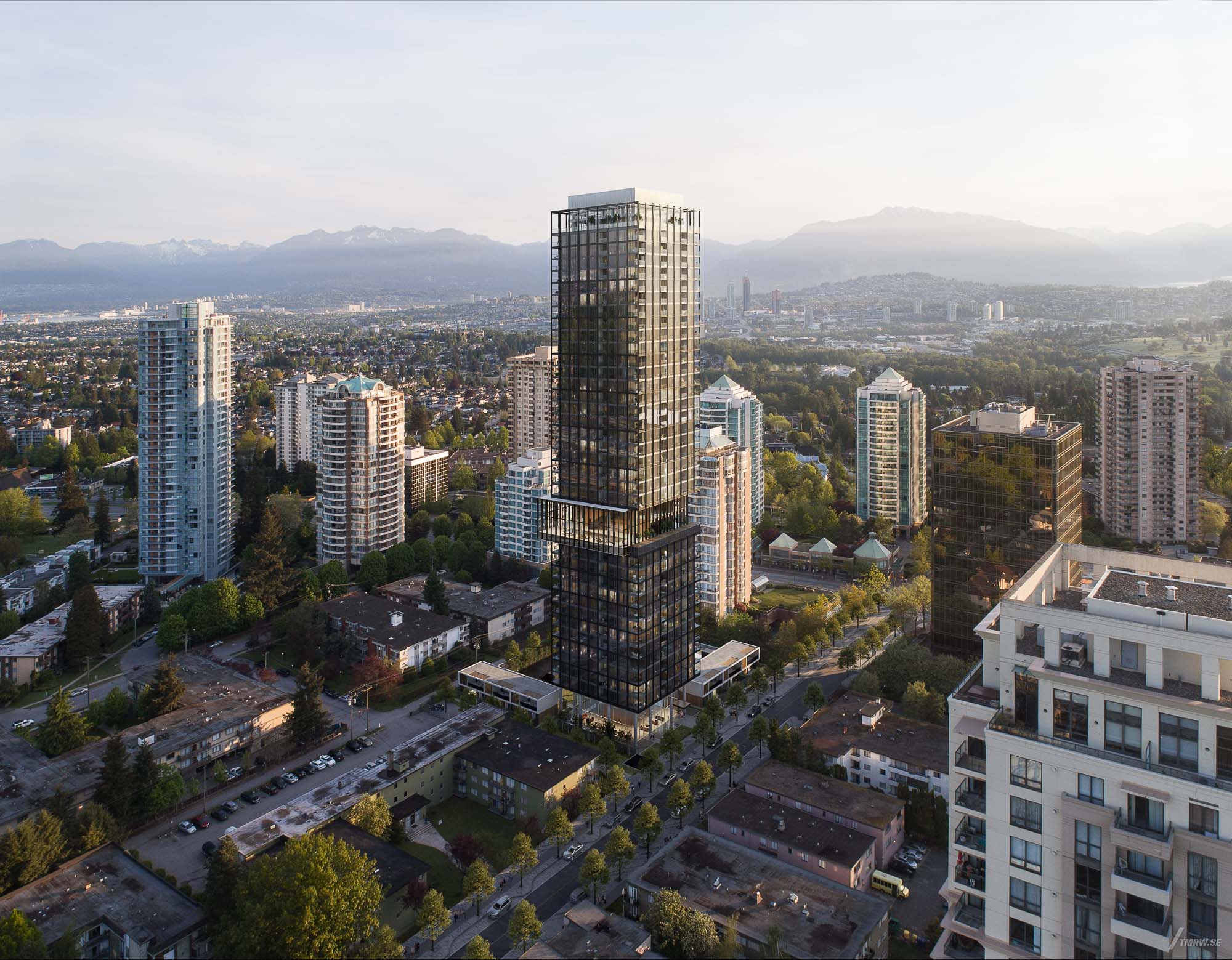
Central Park House, Burnaby, Canada
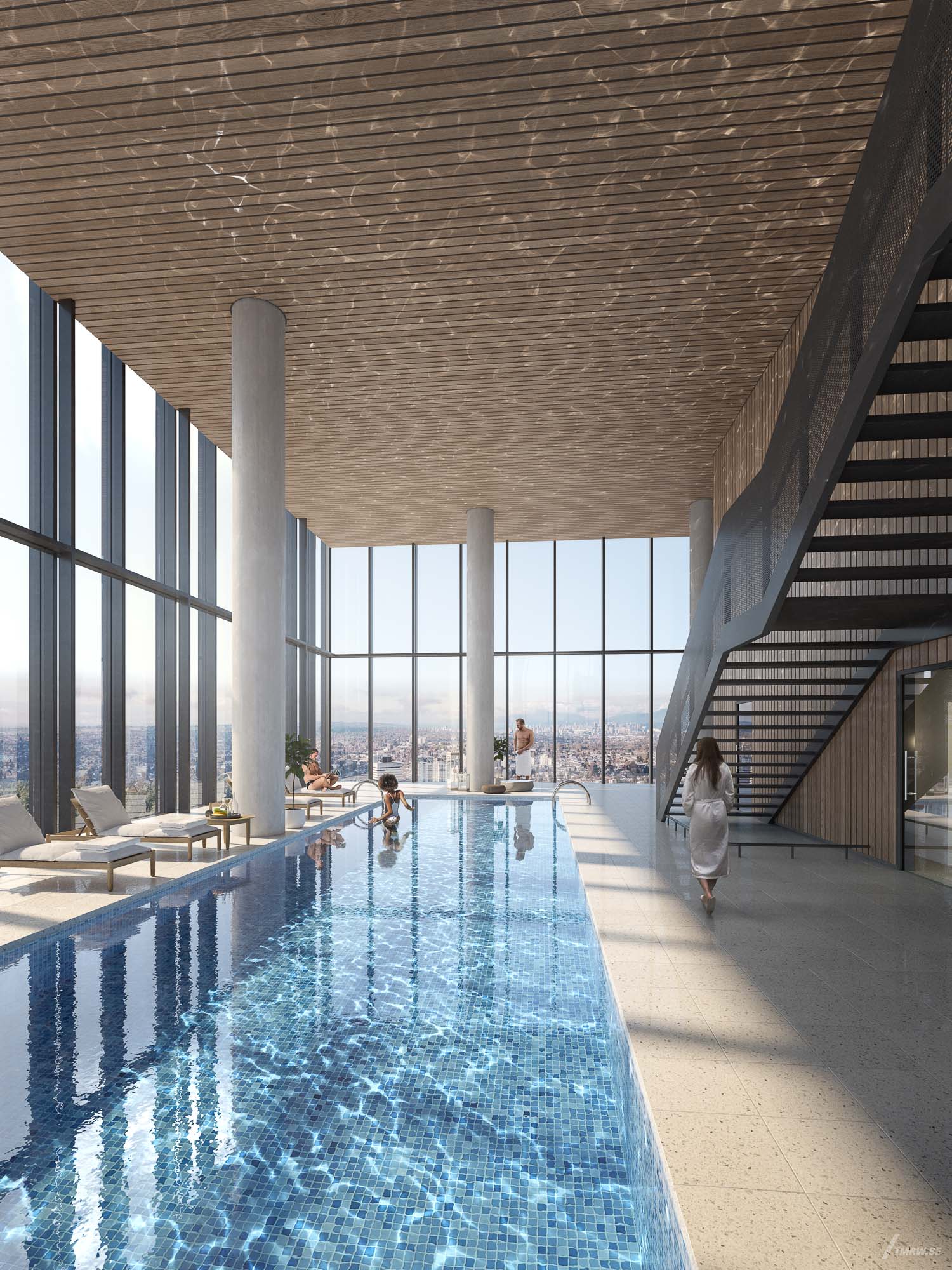
Central Park House, Burnaby, Canada
“In pursuit of more affordable housing solutions, people are open to making tradeoffs when it comes to building amenities.”
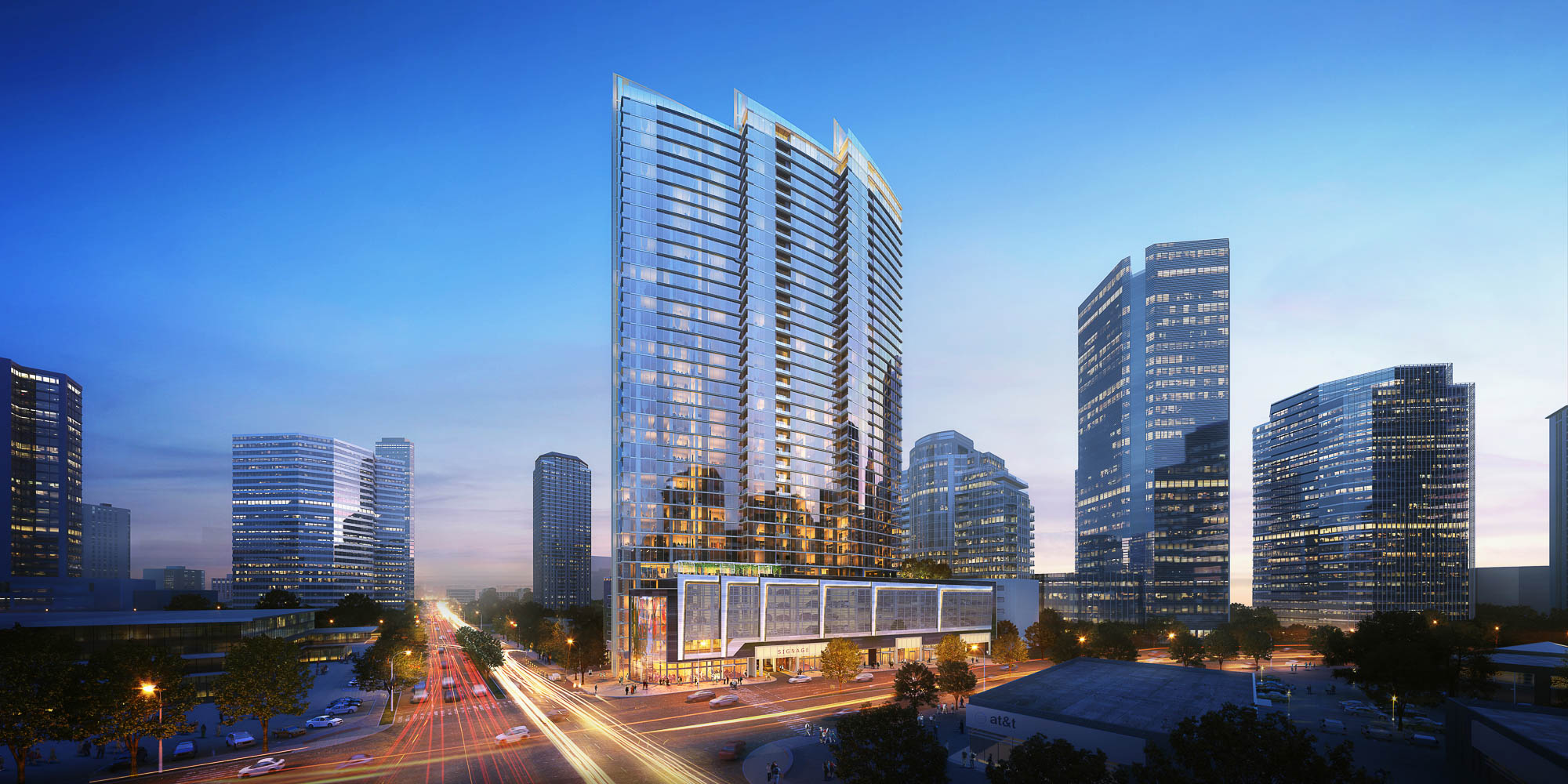
Aspire Post Oak, Houston
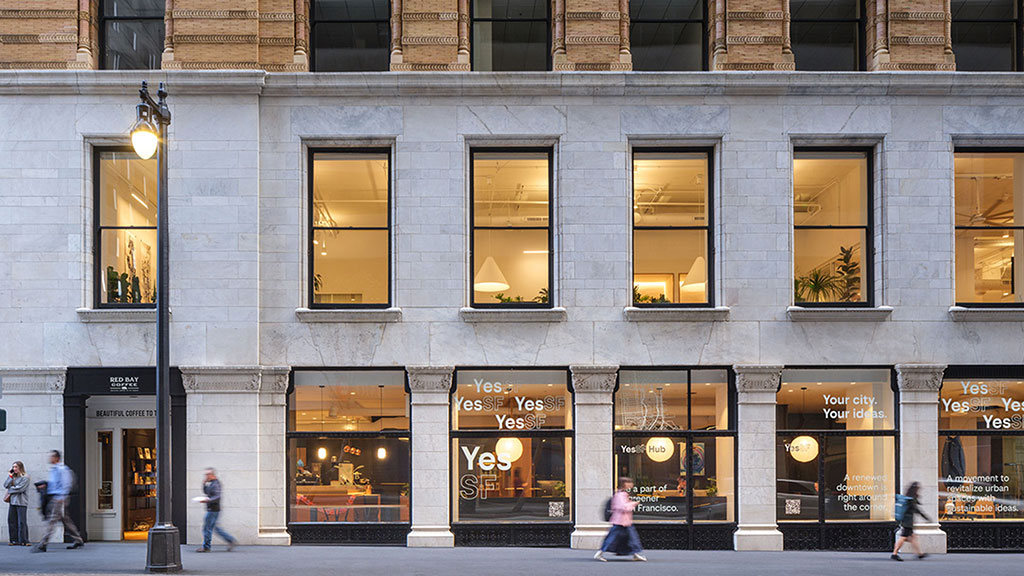
Urban Design’s Renaissance: How San Francisco Is Leading the Way
Cities everywhere are rethinking not just how they look and function, but how they can better serve the people who live in them. Few cities are as poised to lead this transformation as San Francisco.
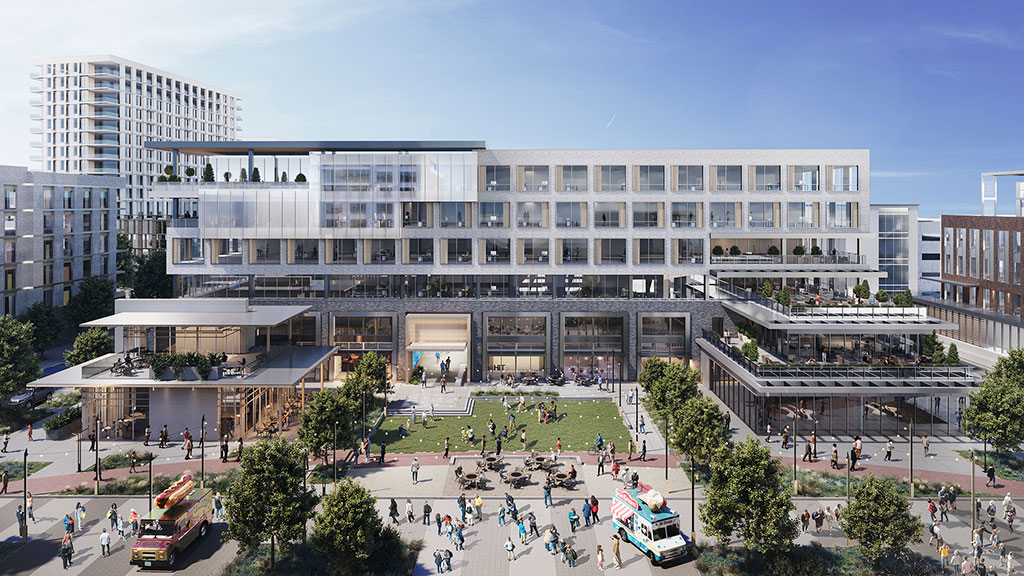
5 Ways Suburban Office Campuses Are Transforming Into Thriving Communities
Tomorrow’s office campuses demand much more than a park and a café to attract and retain talent.
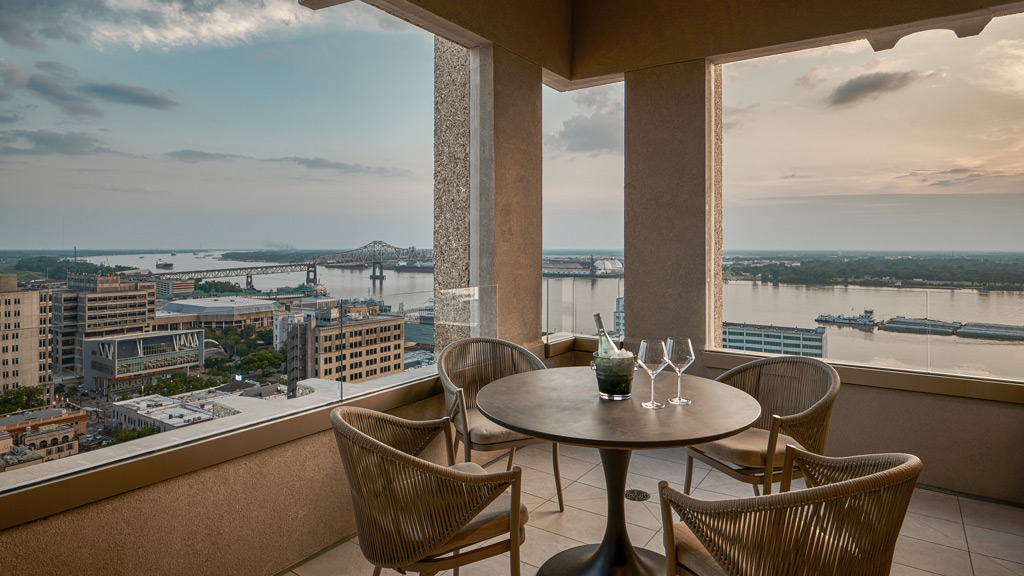
The Biggest Challenge to Office Conversions Isn’t Design — It’s the Status Quo
Office-to-residential conversions have the ability to unlock affordable housing and revitalize cities, but only if the market can move beyond the status quo.
The design of residential units is ripe for innovation. Creative unit layouts could improve the resident experience when increased footprints are not feasible or affordable.
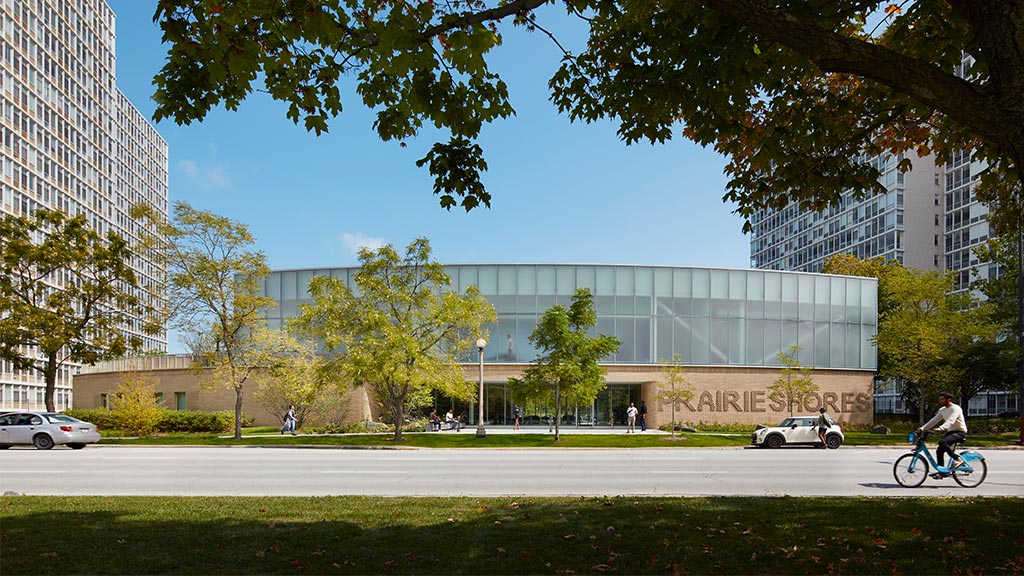
The Hub at Prairie Shores
Chicago, Illinois
The Hub is intended to bring modern amenities to the ever-evolving residential community at the Bronzeville neighborhood’s Prairie Shores housing complex.
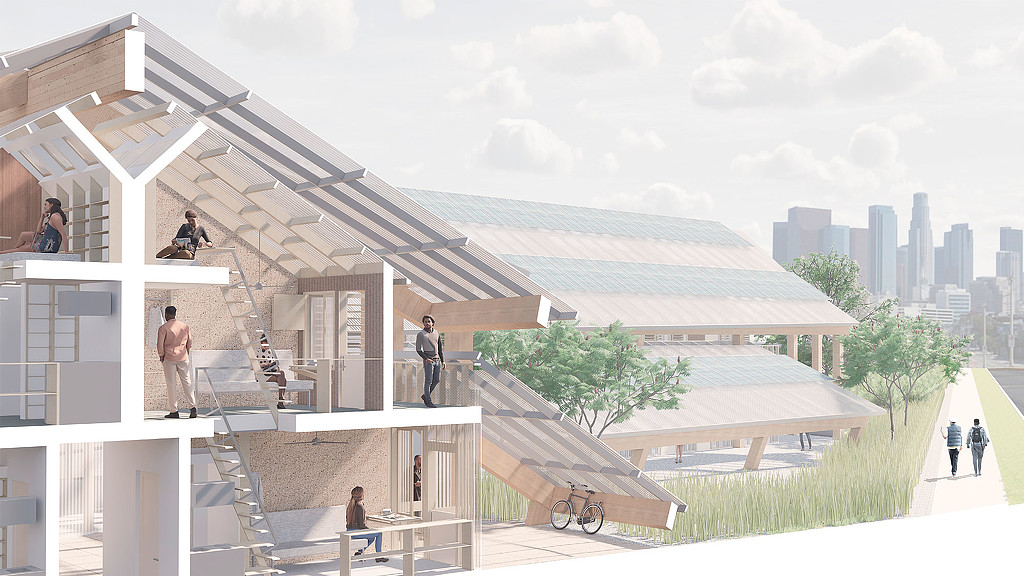
Urban Awning
Los Angeles, California
Urban Awning is a new constructional, environmental, and social model of affordable and supportive housing designed by Gensler.
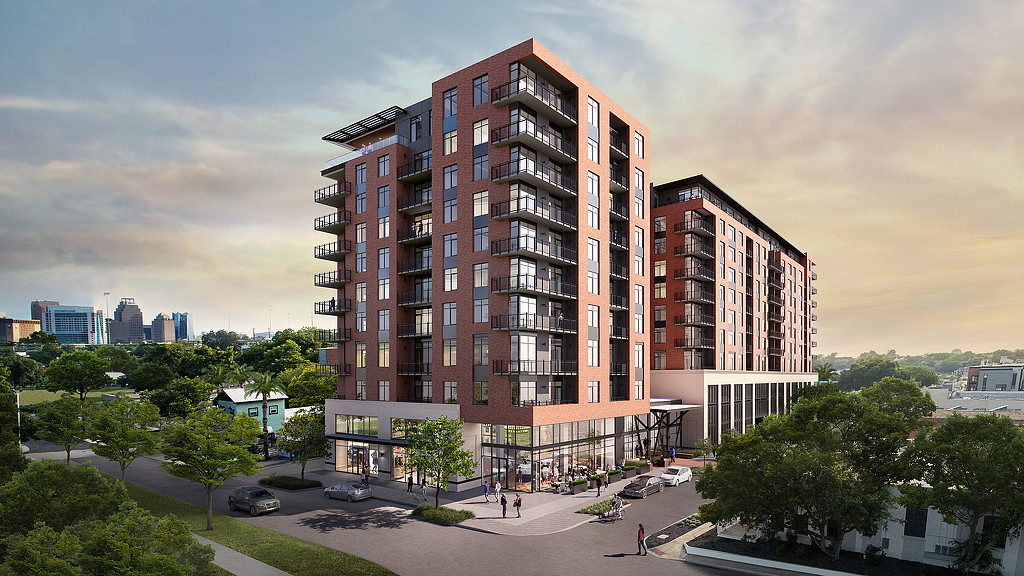
Mira
San Antonio, Texas
Mira is a residential, mixed-use development designed by Gensler in the heart of a burgeoning urban district at the edge of Tobin Hill and the San Antonio River
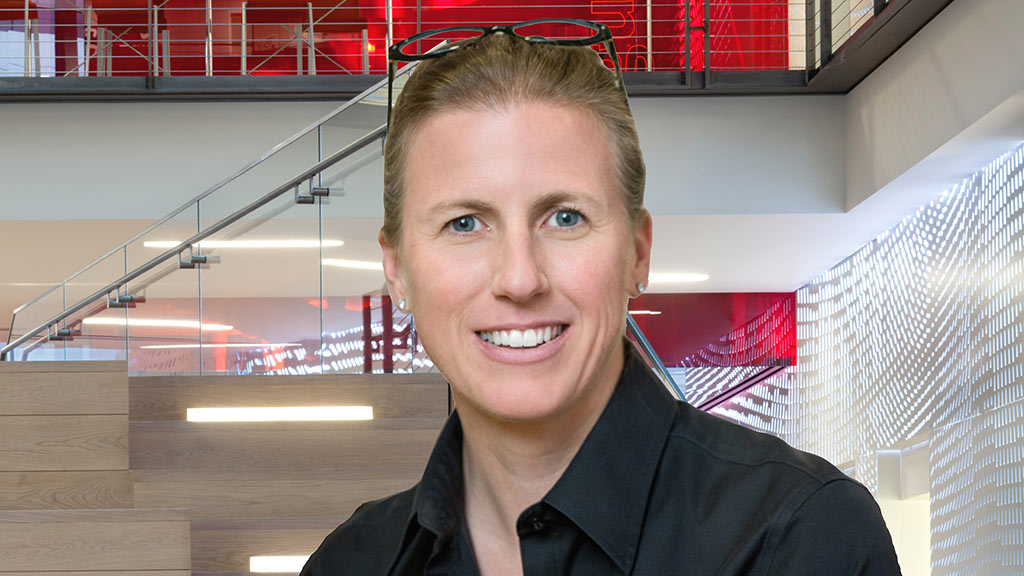
Kelly Farrell
Lifestyle Sector Leader, Managing Director, Principal
Kelly is a global leader of Gensler’s Lifestyle Sector and a Managing Director of Gensler’s Los Angeles office.
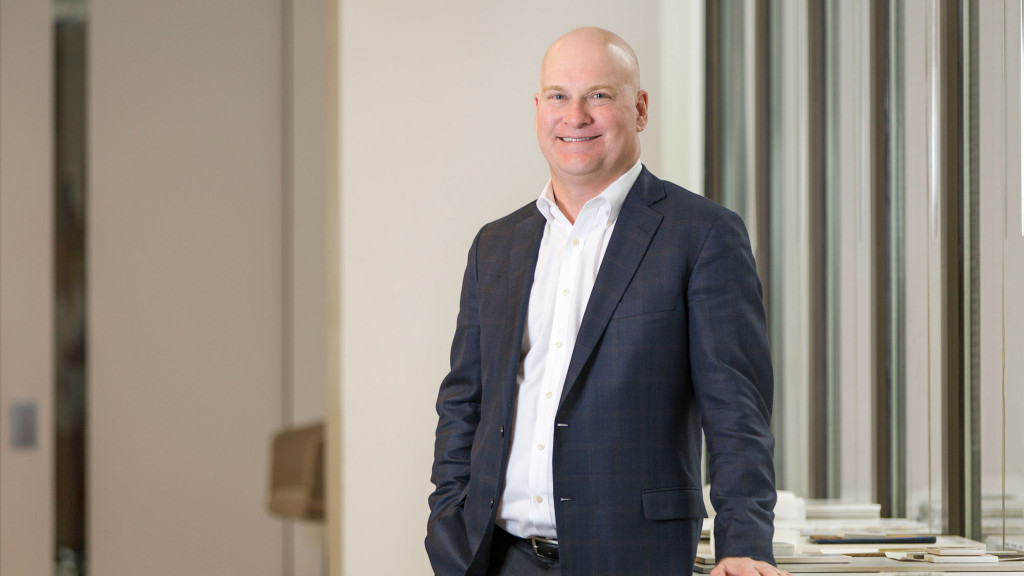
Brooks Howell
Senior Living Leader, Principal
Brooks Howell is a Senior Living Leader with more than 20 years of experience leading mixed-use, residential, retail, and hospitality projects of every scale.
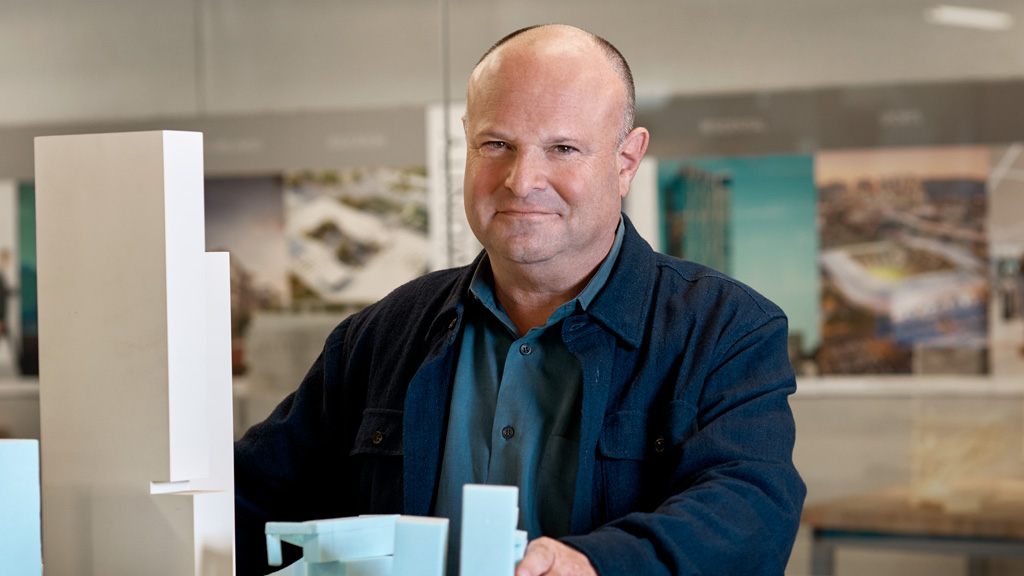
Roger Sherman
Design Director
Roger Sherman is a Design Director and leads the Urban Impact group at Gensler Los Angeles. His innovative work has been featured at TEDx and in Newsweek, Fast Company, CNN, and The History Channel.
